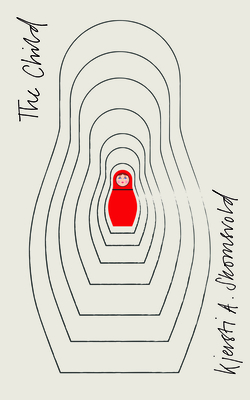Kjersti A. Skomsvold
Translated by Martin Aitken
Open Letter ($15.95)
by J. Ahana-Laba
Although often sentimentalized, motherhood can be a distinctly jarring experience, one rife with resurfaced pains, tender loves, and the echo of long-lost memories. In The Child, Kjersti A. Skomsvold does not shy away from the brutal truth of the matter; she exposes us to a luminous, impassioned chronicle in which the tragedies and ecstasies of motherhood will trample and simultaneously renew the heart of the reader with unbridled force.
With lines like “I thought about the deepest darkness in which the child lay, and there I was, making it even darker with all my miserable thoughts,” Skomsvold breathes life to depression; deep-set anguish is laced in prose-poetic language, and a shot of raw intensity penetrates its pith. Recollection of this darkness that sweeps through the psyche and stalks it with infirmity, self-loathing, and sorrow is juxtaposed with vignettes regaling the euphoria of life in the form of a budding relationship with the narrator’s husband Bo — and a palpable being budding into existence.
Life is chock-full of regrets and woe. The narrator has an old lover too, one with whom she has a powerful but tumultuous bond — and she witnesses first-hand the decay of this lover, as he slips into bleak pitfalls, alcoholism, and numbness to life without her. As he plummets further and further into despair, she realizes she must sever the bond. Not long after, however, the lover commits suicide. “I think he wanted to live, but that it was too difficult for him.”
In the process of burgeoning motherhood, all these memories come surging back to her, though she wonders “if the guilt I feel means that I’m guilty.” She is frightened by her memories; she believes they may poison her forthcoming children and her relationship with Bo, and that she may be too broken to live a life of her own. Untamed ripples of pain divorce her from rationality, engulf every ounce of her vitality. But when she first bonded with the man, she learned to untangle the mass of her unresolved traumas and, for the first time, discovered the freedom of vulnerability. It is a gradual process. She must write, she must declare love, because in doing so, she lays herself bare for others to see, and more importantly, for herself. When she says, “I felt life streaming into me,” she persuades us that our life, too, may be worth preserving.
Click here to purchase this book at your local independent bookstore
Rain Taxi Online Edition Summer 2022 | © Rain Taxi, Inc. 2022


